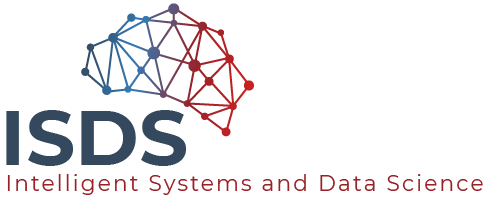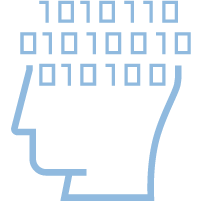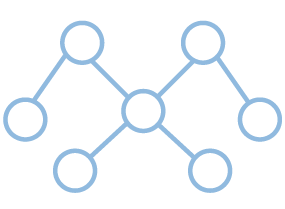The Reader in the Book: Books, Reading and Libraries in Fiction (18, 19, 25, 26.03.21)
The Reader in the Book: Books, Reading and Libraries in Fiction, a conference hosted by the Institute of English Studies, will take place on 18, 19, 25 and 26 March 2021. It is not hard to find fiction within fiction. Don Quixote modelled himself on chivalric romances, and became in turn a model for other […]



 Scholarly Knowledge Mining
Scholarly Knowledge Mining
 Digital Humanities
Digital Humanities
 Data Science
Data Science
 Smart Cities and Robotics
Smart Cities and Robotics
You must be logged in to post a comment.